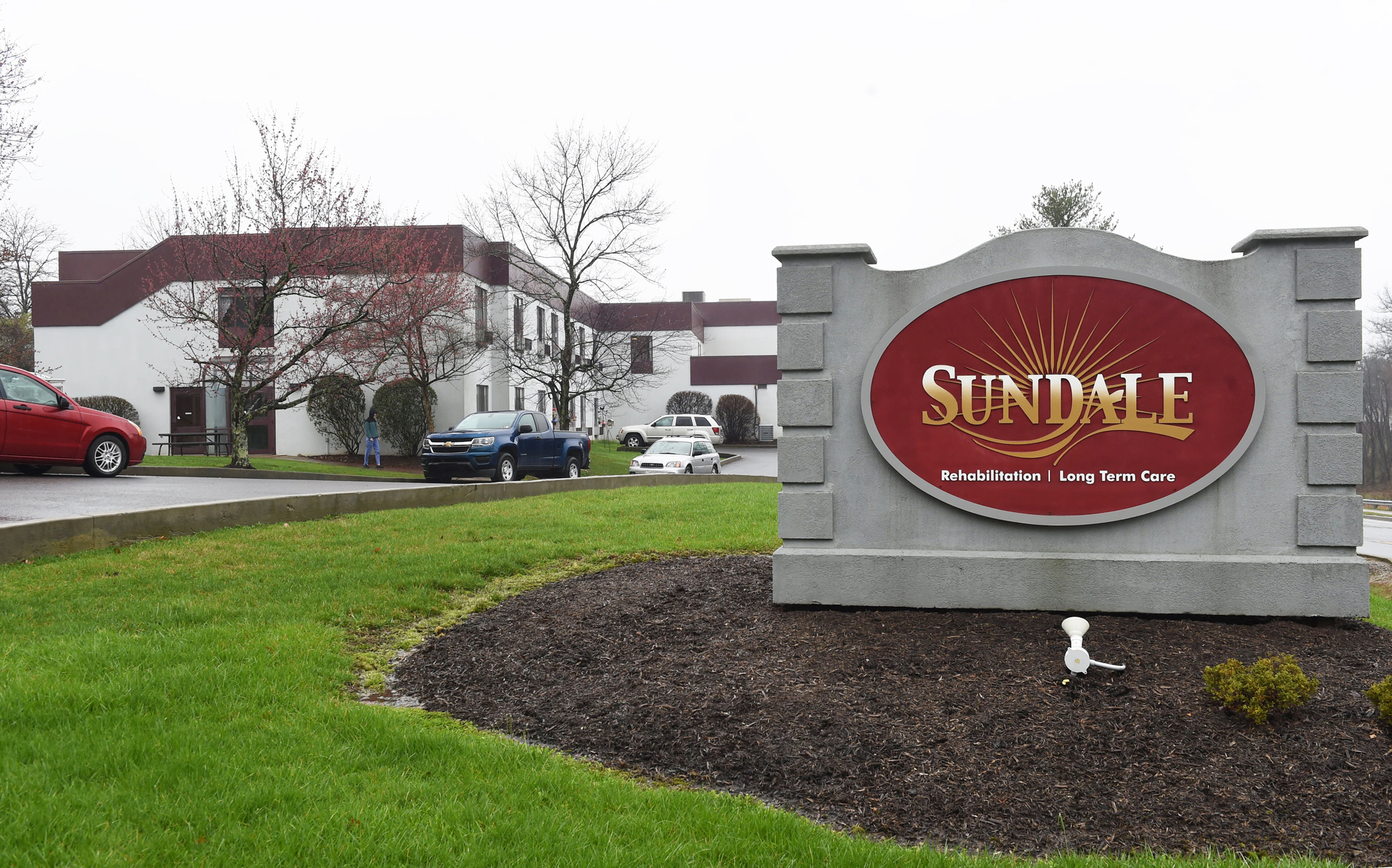MORGANTOWN — The medical director of Sundale Long-Term Care and Rehabilitation in Morgantown received a $30,000 grant from the West Virginia Clinical and Translational Science Institute to study how long former COVID-19 patients may be immune to the virus.
Beginning in early August, funds from WVCTSI will be used by Carl Shrader, who is also a WVU Medicine physician, to test the blood of residents and staff members who had the novel coronavirus and recovered. Testing will be done every three months for one year on former COVID-19 patients to see if they develop antibodies and are immune from getting the virus again, he said.
“We’ll follow anyone who wants to be followed in this study,” Shrader said. “We’ll also ask for volunteers.”
Overall, more than 60 Sundale residents and staff members caught the virus around the time the first case at the nursing home was announced in March. Since that time, thanks to testing, patient isolation and self-quarantine, the facility is free of the virus, with the last resident testing negative last week.
By periodically testing the blood for the IgG antibody — one of the antibodies found in the blood after a person recovers from the virus — Shrader said he hopes to learn how long a person’s immunity may last.
“People want to know if they are exposed to the virus, then how long they may or may not have protection,” he said.
Shrader said he has also informed relatives and friends of Sundale residents about his plans to test for the antibodies. If someone feels they may have been exposed to the virus, then he or she is welcome to get tested, he added.
Besides difficulty breathing, as well as muscle and body aches, COVID-19 symptoms can include headache, fatigue, loss of taste and smell, sore throat, congestion or runny nose, nausea or vomiting, and diarrhea. And in some cases, a person with COVID-19 may be asymptomatic and not aware he has the virus. Five Sundale residents have died since March because of virus complications.
Shrader said once local funding from WVCTSI is exhausted, then he will pursue new funding for continued research at the national level such as the Centers for Disease Control and Prevention or the National Institutes of Health.
“This will help many people understand immunity,” he said. “We’re not going to tap the brake on this.”
Tweet @DominionPostWV




